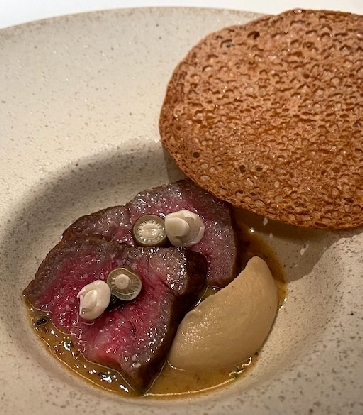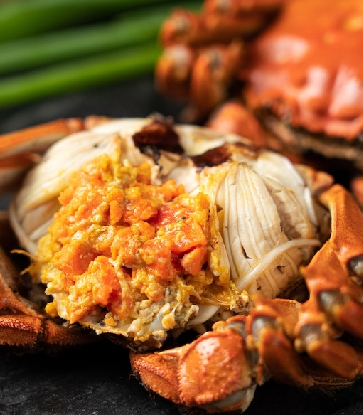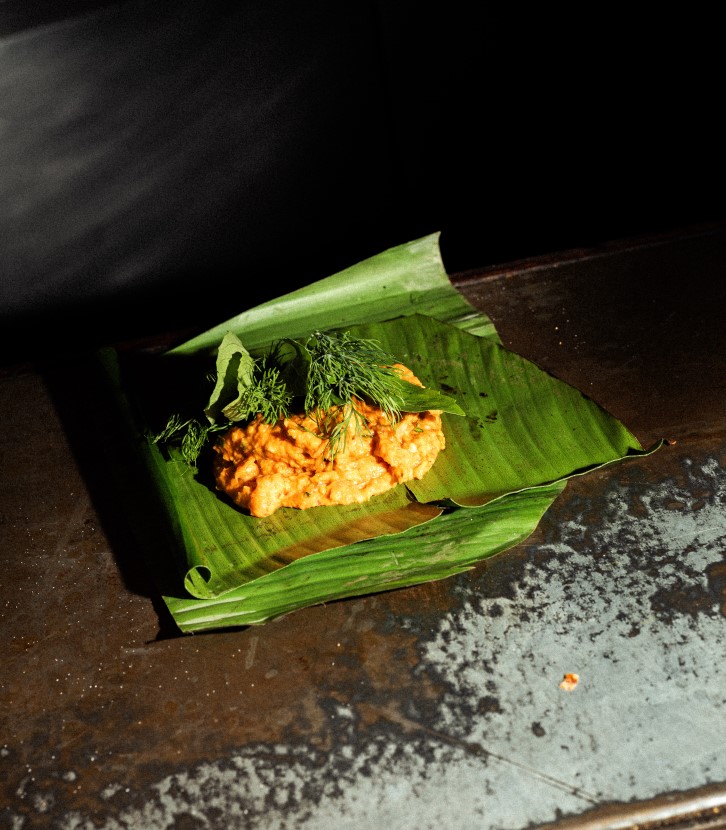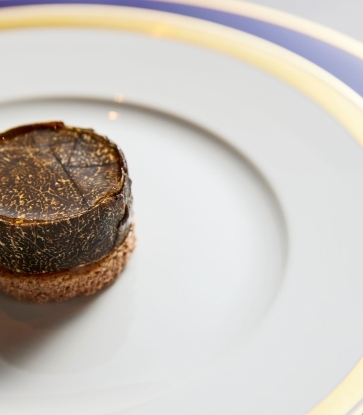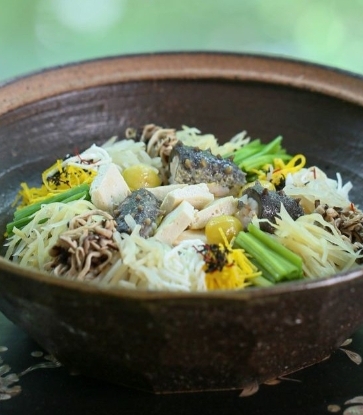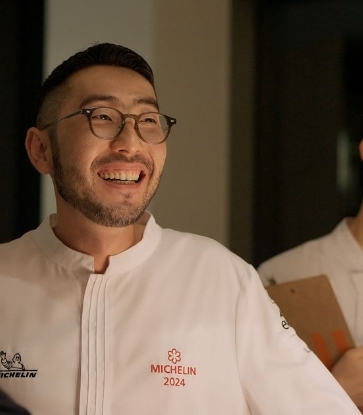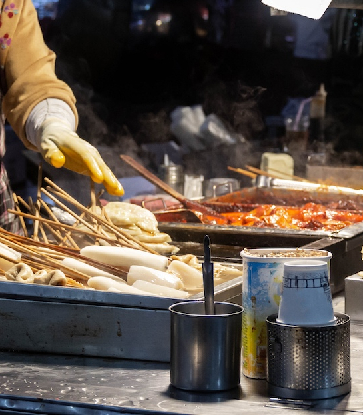In the heart of Mapo-gu lies Yukjeon Hoekwan, a venerable establishment that has maintained its MICHELIN Bib Gourmand status for eight years and is thriving under its fourth generation. For nearly a century, Yukjeon Hoekwan has served as a culinary time capsule, preserving the essence of Korea's cherished cuisine. Its secret to success? The irresistibly delicious dish, bassak bulgogi, which keeps patrons coming back for more. This signature dish, once a cherished family recipe, has now become a beloved favorite across the nation. Notably, the name bassak bulgogi is now patented for its originality, ensuring its unique legacy is preserved.
Yukjeon Hoekwan's story began in 1929 in Suncheon, Jeolla Province, at Ho-sang Sikdang. This small tavern was famous for its steamed suckling pig. However, it was the matriarch's innovative method of grilling marinated meat that laid the foundation for the family's culinary legacy. This culinary know-how was passed down through generations, with one diligent daughter-in-law mastering the recipe over 12 years. Eventually, she moved to Yongsan Station, where she opened Yukjeon Hoekwan, named for its proximity to the train station. In an era without social media, the restaurant quickly gained fame through word of mouth, attracting office workers and travelers alike.
Evolution of Bassak Bulgogi
Initially, patrons cooked their own meat in the traditional Gwangyang-style. However, the smoke and smell proved inconvenient. Enter the second-generation chef, Hong Jong-yeop, who revolutionized the experience by grilling the meat over six high-powered charcoal briquettes in the kitchen. Thus, the 'bassak bulgogi' was born. "When customers asked why the meat looked this way, my father-in-law would say it was grilled crispy for their convenience," recounts owner chef Kim Do-Young. "Soon, they started requesting it specifically, and it became our most sought-after dish."
Bassak bulgogi is more than a dish; it's the perfect side for a bowl of rice, tailored to the Korean palate. While the ingredients are basic, the magic lies in their precise ratios. The recipe, crafted by the founder’s grandparents, remains unchanged, preserving the authentic flavor through meticulous grilling over a traditional mesh grate. "Anyone can use these ingredients, but our family perfected the balance," chef Kim explains. "The charcoal grilling adds a smoky taste that our customers love."
Prepared a day or two in advance, the meat naturally tenderizes in the refrigerator, allowing the marinade to deeply penetrate the thin slices, resulting in a melt-in-your-mouth experience. "It's the ideal side dish," the chef added.
Cultural Significance and Memories
The third-generation chef faced challenges when relocating to Mapo due to Yongsan's redevelopment. Despite considering closing, encouragement from his son kept the legacy alive. "The thought of losing bassak bulgogi, a childhood favorite, was unthinkable," says the son. His mother, initially a housewife, began studying and tirelessly working to enhance the restaurant’s operations and service quality. "We cherish our staff who work over ten hours a day, treating them like family," she says. Remarkably, 10 of their 14 employees have been with them for over a decade.

"This journey started as a means of survival, but it evolved into a commitment," she reflects. Long-time patrons, some in their 70s to 90s, often accompanied by their children, continue to be a source of inspiration. "We aim to create a space where people can share memories, like a family album," she adds. Her son, Sin Sangho, educated in hospitality management and trained at the Culinary Institute of America (CIA), brings modern insights to the traditional processes of Yeokjeon Hoegwan. Although thin flank was once an unpopular cut, it's now highly valued. They blend it with other cuts to enhance the texture and have adjusted the marinade to be slightly less sweet. "We must evolve to stay relevant, even as a heritage restaurant," says the chef.
This forward-thinking approach led to the development of their signature Yukjeonju liquor, a creation of the daughter, inspired by her family's legacy. "I constantly ponder how to honor our history while embracing change," he reflects.



